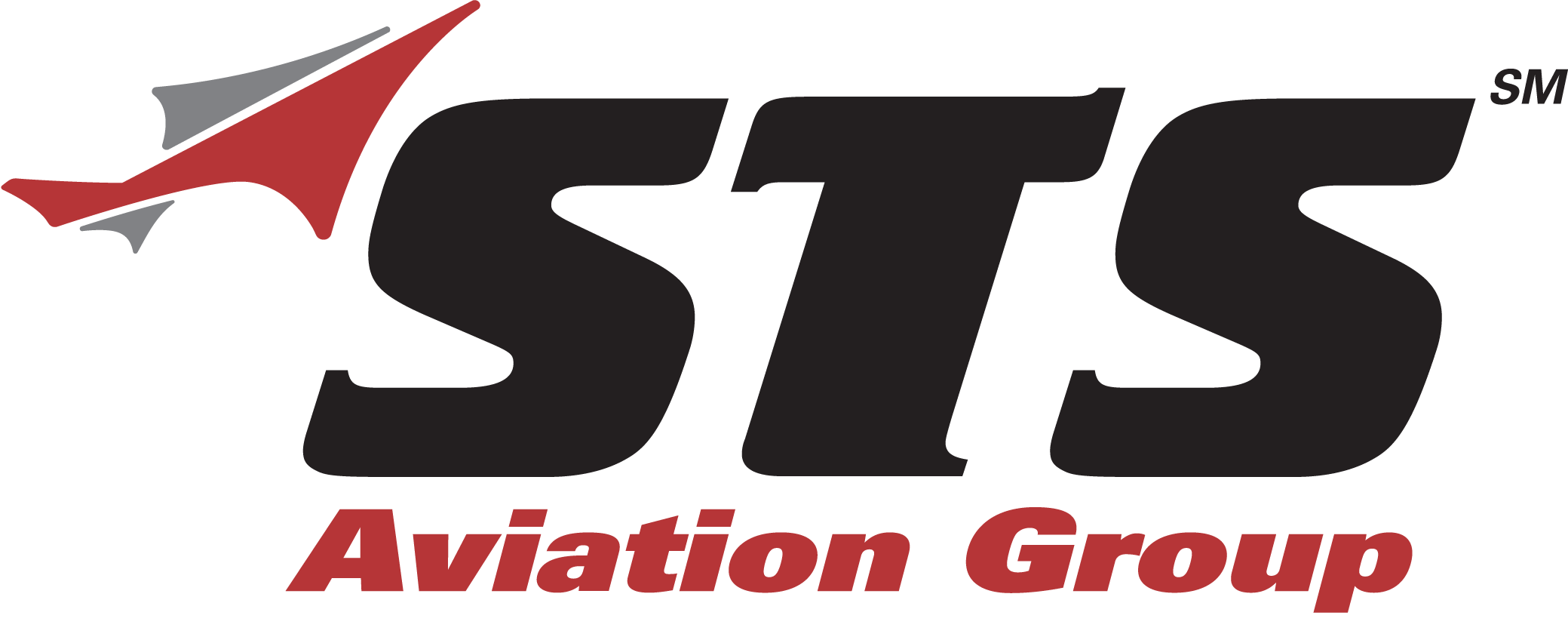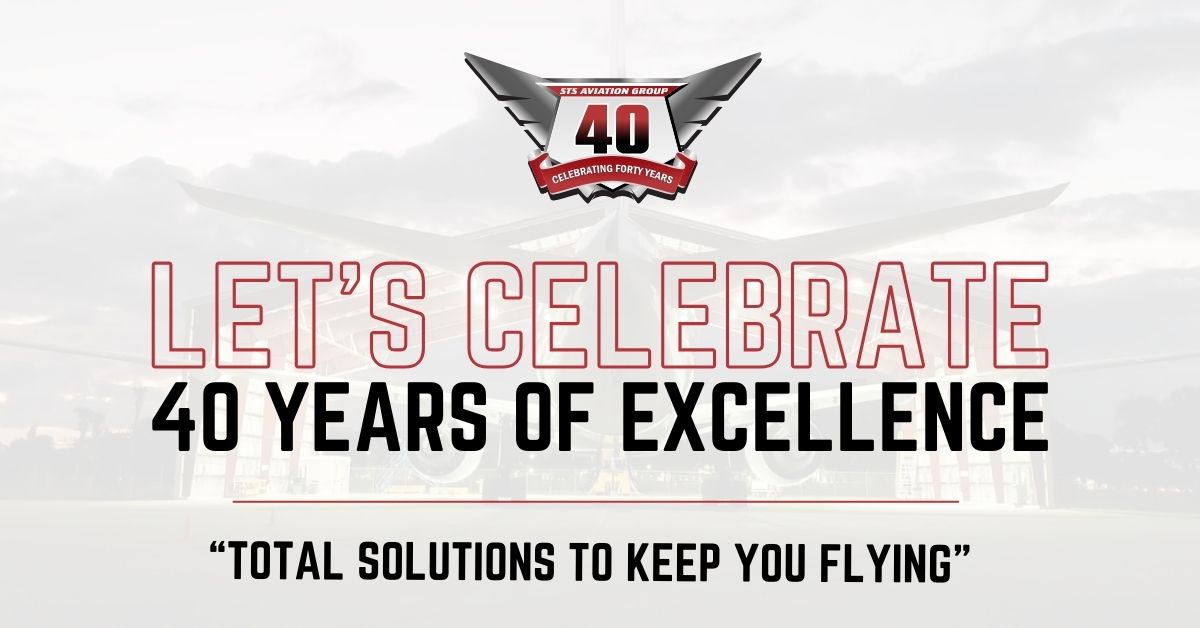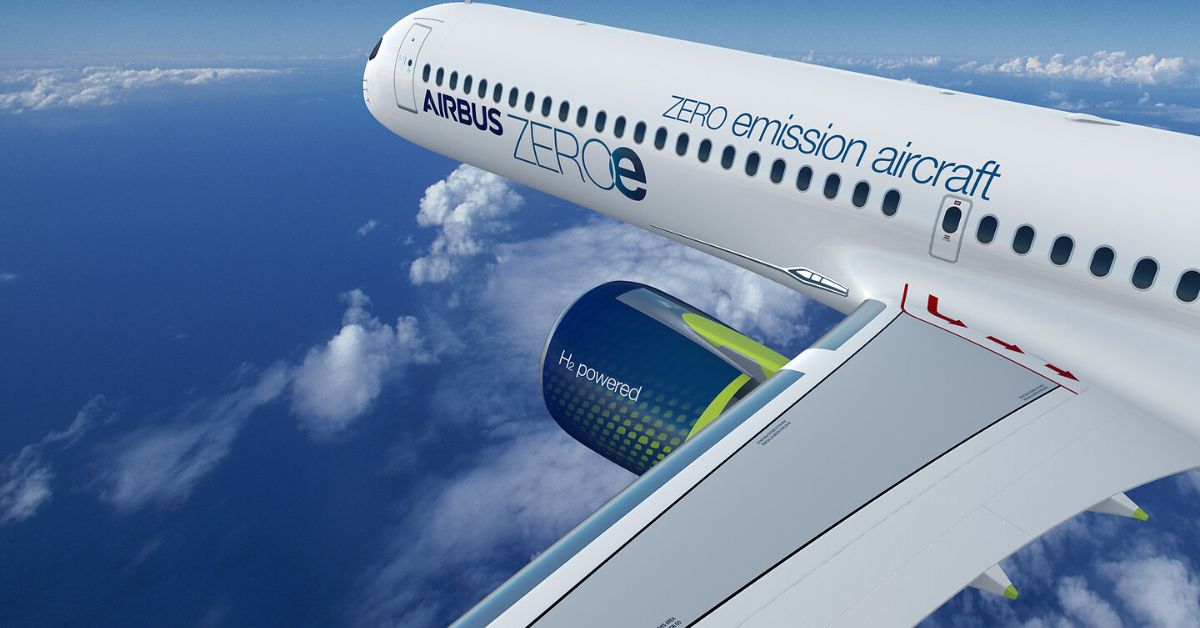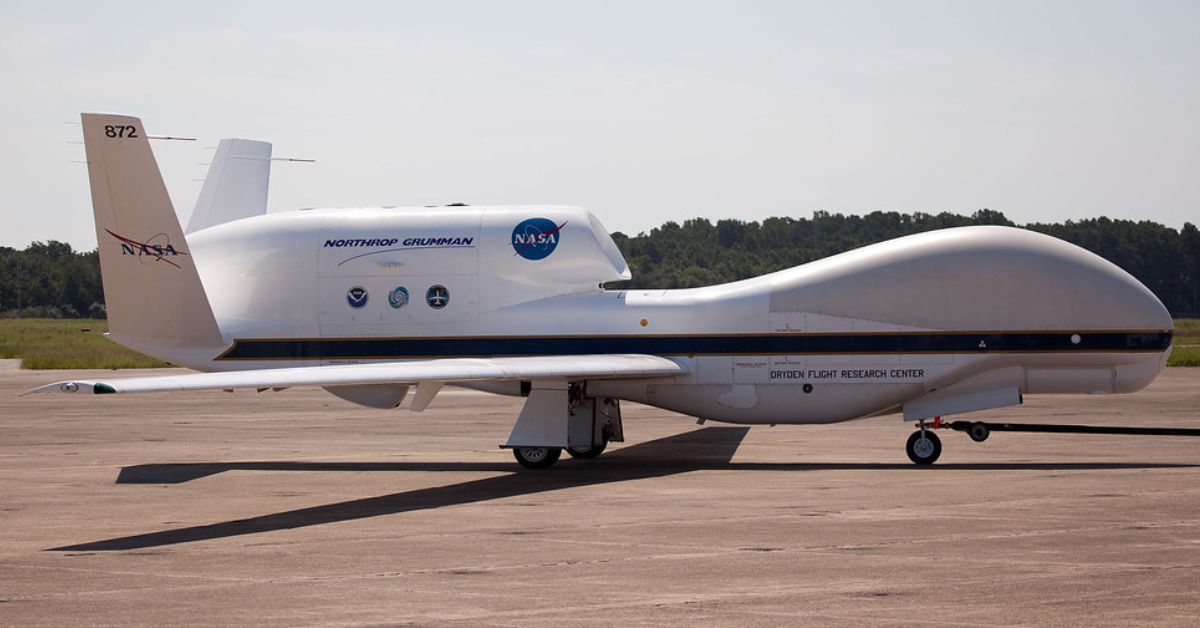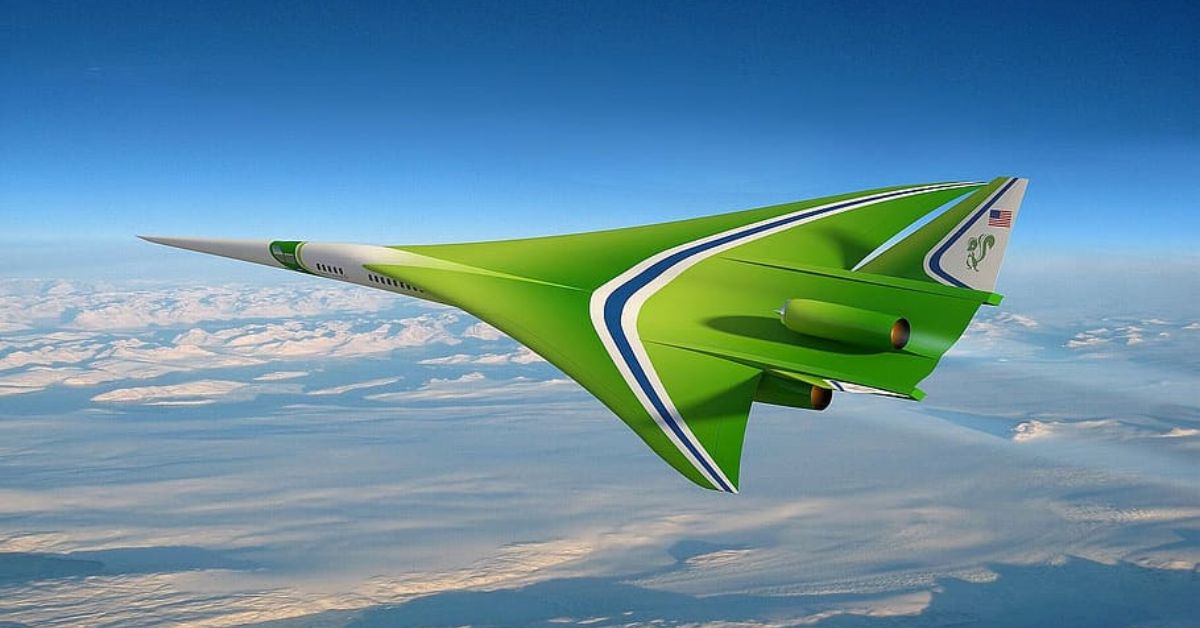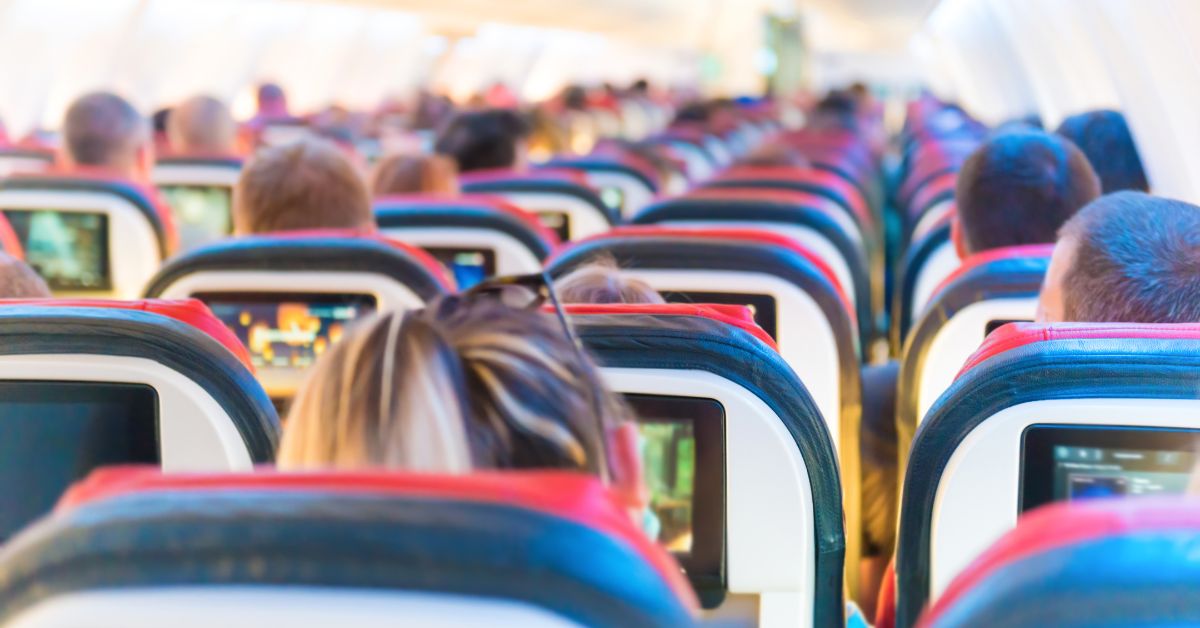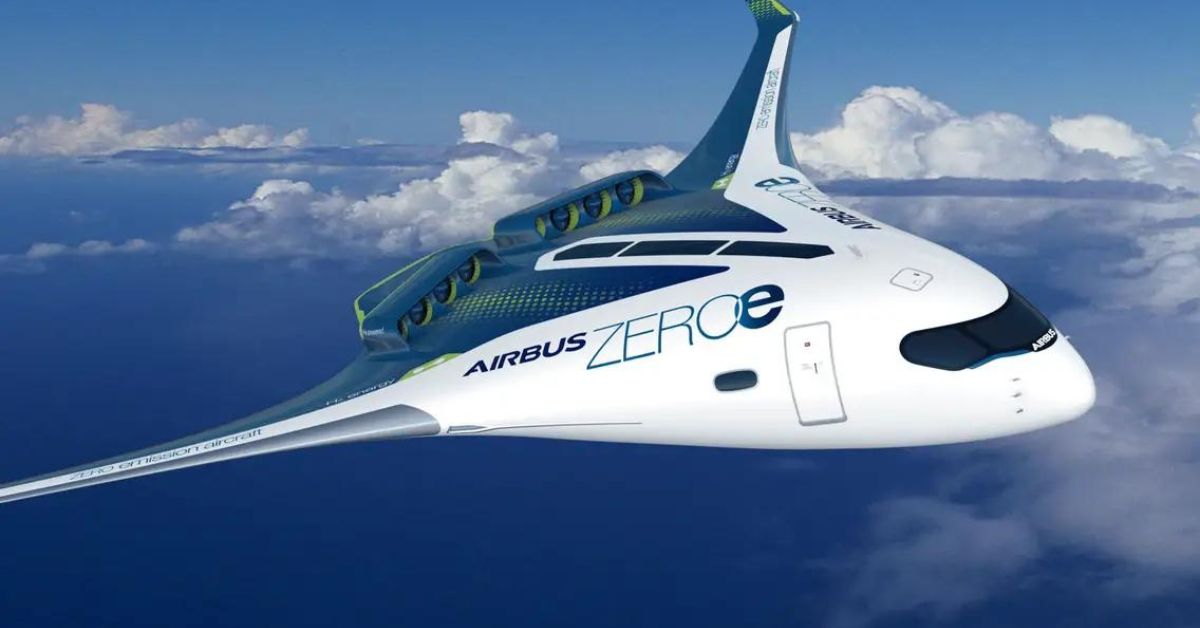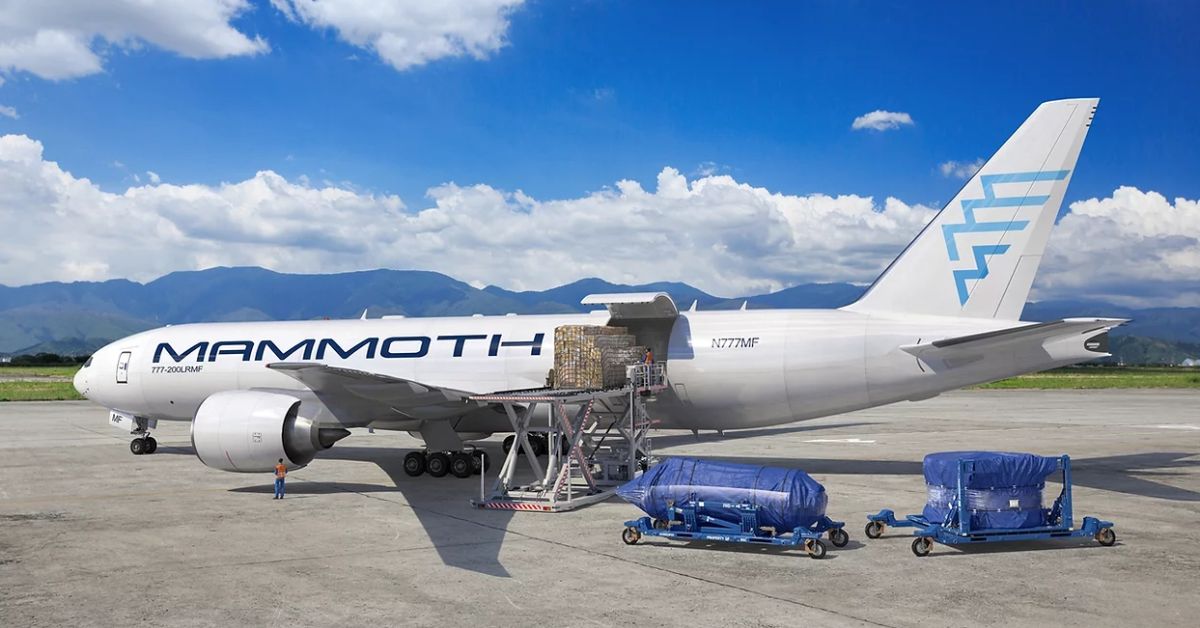A Milestone of Success
As STS Aviation Group marks its 40th year in the aviation industry, we pause to reflect on the journey that has brought us here—a path filled with determination, innovation, and an unwavering commitment to service. Since our inception in 1984, STS Aviation Group has grown from a modest enterprise into a global leader, known for our comprehensive, nose-to-tail aircraft maintenance services, material services, aerospace engineering and workforce management solutions. Our primary focus on total aircraft maintenance services has positioned us as one of the leading providers of aircraft MRO (Maintenance, Repair, and Overhaul) services to both the commercial and defense industries worldwide. This incredible journey would not have been possible without our dedicated employees, trusted business partners, and loyal clients.
Gratitude for Our Team
At the heart of STS Aviation Group’s enduring success are our employees. With a team that spans the globe, their hard work and dedication form the backbone of our operations. Each team member brings unique skills and an exceptional level of commitment, driving our company forward and ensuring that we remain at the forefront of aviation industry leadership. To all our employees, we extend our deepest thanks. Your resilience and passion are the reasons we celebrate today.
Appreciation for Clients
Our progress and achievements have been profoundly influenced by the relationships we’ve fostered with our clients. Each partnership, from long-standing collaborations to new alliances, has been pivotal in expanding and enhancing our service offerings. Whether it’s through providing top-tier aviation maintenance services or pioneering new aerospace staffing solutions, our clients have been central to our innovation and growth. We extend our deepest gratitude to all our clients for their trust and partnership on this remarkable journey.
Looking to the Future
As we look to the future, STS Aviation Group is excited about the opportunities ahead. The aviation industry is ever-evolving, and we are poised to continue our leadership, adapt to changes, and embrace new challenges. For those looking to start or advance their careers, the aviation career opportunities at STS are more promising than ever.
Join Us in Celebration
As STS Aviation Group celebrates this significant milestone, we invite all our employees, partners, and friends to reflect on our shared achievements and to look forward with excitement to what the future holds. Here’s to another 40 years of excellence, innovation, and partnership in the aviation industry!
